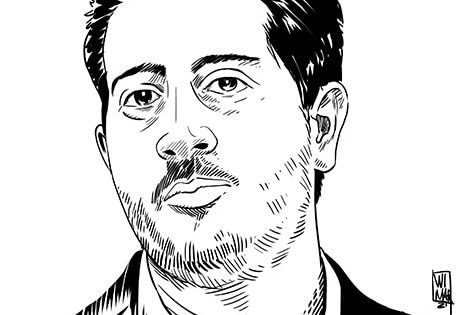(RSF/IFEX) – Reporters Without Borders has voiced support for Guillermo Fariñas, the editor of the Cubanacán Press independent news agency, who has consumed no water or food since midday on 31 January 2006 and has told President Fidel Castro in an open letter he will pursue his hunger strike “to the death” if he and […]
(RSF/IFEX) – Reporters Without Borders has voiced support for Guillermo Fariñas, the editor of the Cubanacán Press independent news agency, who has consumed no water or food since midday on 31 January 2006 and has told President Fidel Castro in an open letter he will pursue his hunger strike “to the death” if he and his fellow journalists are not allowed the Internet access they need for their work.
Fariñas told Reporters Without Borders: “I want all Cuban citizens to have the right to an Internet connection, but also for the independent press to be able to report on the government’s activities, and if I must be a martyr for Internet access, so be it.” In his open letter, he points out that the overwhelming majority of Cubans have no Internet access.
Expressing its solidarity with Fariñas, Reporters Without Borders said: “The authorities use the US embargo as a pretext for a repressive policy towards the Internet. The chief reason for keeping citizens away from the Internet is to prevent them from being well-informed.”
Until 23 January, journalists working for Cubanacán Press were able to send their dispatches from a public Internet access centre in the central city of Santa Clara, but since then they have been prevented from doing so. Cubanacán Press concentrates on covering human rights violations in Cuba and on reflecting viewpoints that are excluded from the official media.
During the World Summit on the Information Society (WSIS) in Tunis in November 2005, a Cuban government representative claimed that all Cubans would have unrestricted access to the Internet if the US embargo were lifted. Fariñas insists that this is a lie.
Cuba is on the list of 15 Internet enemies that Reporters Without Borders drew up for the WSIS. It is one of the world’s most repressive countries in regards to online free expression. Internet access is a privilege to which very few have a right and which requires express authorisation from the ruling Communist Party. Even if one manages to connect, often illegally, one only gets access to a highly-censored Internet.
More information on the Internet in Cuba: http://www.rsf.org/article.php3?id_article=10611


